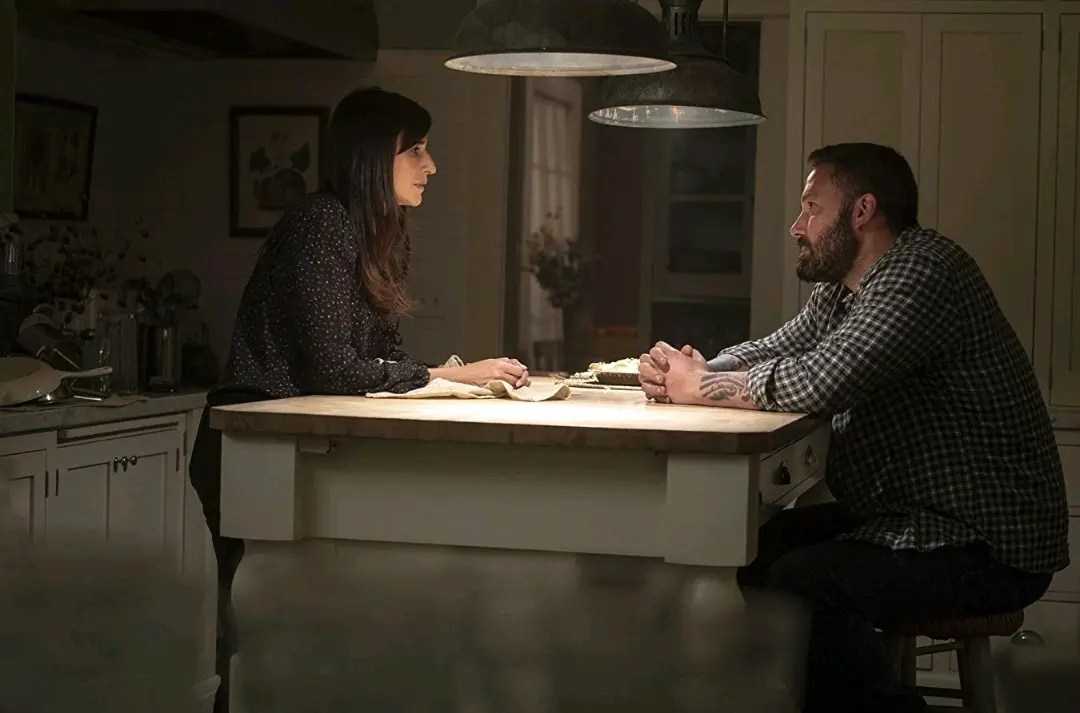Summary
Gavin O’Connor’s The Way Back has a smart script that doesn’t turn over the crucial sports moment or Ben Affleck’s career-best performance.
and O’Connor teeth speak, .
Ben as to is going

Many will assume The Way Back is based on an incredible true story, but it is actually a work of fiction; the film is so remarkably low key in almost everything it does, and you can see why many would make that mistake. Similar fictional scripts would have been over the top, winning a national title that doesn’t exist by not being burdened with those pesky facts for the truth. The credit for that goes to American Woman scribe Brad Ingelsby, who wrote a smart script that doesn’t cut corners, that takes issues of substance abuse at the workplace and at home seriously. Instead of having a character word vomit their entire back story in the first couple of scenes, Ingelsby’s strategically well-placed, timely reveals feel more like television’s Friday Night Lights in the way it uses basketball as a backdrop to deal with real-life issues. The script underplays the comic relief, but when it does, Jeremy Radin’s Father Whelan had me smiling by trying to keep the school’s moral code intact. Even Al Madrigal, who usually plays off-the-wall comedy types, is very good here, really, as the film’s righteous center, and his character doesn’t have a false note.
Then there is the matter of Ben Affleck. The star actor has had a well-documented substance abuse problem of his own and gives a career performance in The Way Back. There wasn’t a moment I didn’t buy him as a bloated, puffy drunk, who is in a constant self-destructive mode and ready to hit rock bottom at any moment. Even his take on a tough-as-nails basketball coach is gripping and has such a sharp bark that it would make Bobby Knight take a step back. However, by the end of the film, you watch Affleck, in a scene of great tenderness, tell someone the source of his constant inner torture. The visual is a moving one, redeeming his character, and unlike anything he has ever done.
The Way Back, for all the praise above, isn’t a perfect film. It does have some sports clichés you will see in any movie within the genre. Furthermore, a pet peeve of mine here and in many films makes it seem easy to be placed in a nice rehab facility to dry out without thinking of the extreme financial consequences (a standard program alone can cost $15,000 to $27,000). O’Connor, though, has created an escapist picture with a lot to say on substance abuse, mental health, and a grounded integrity that I couldn’t help but admire.



